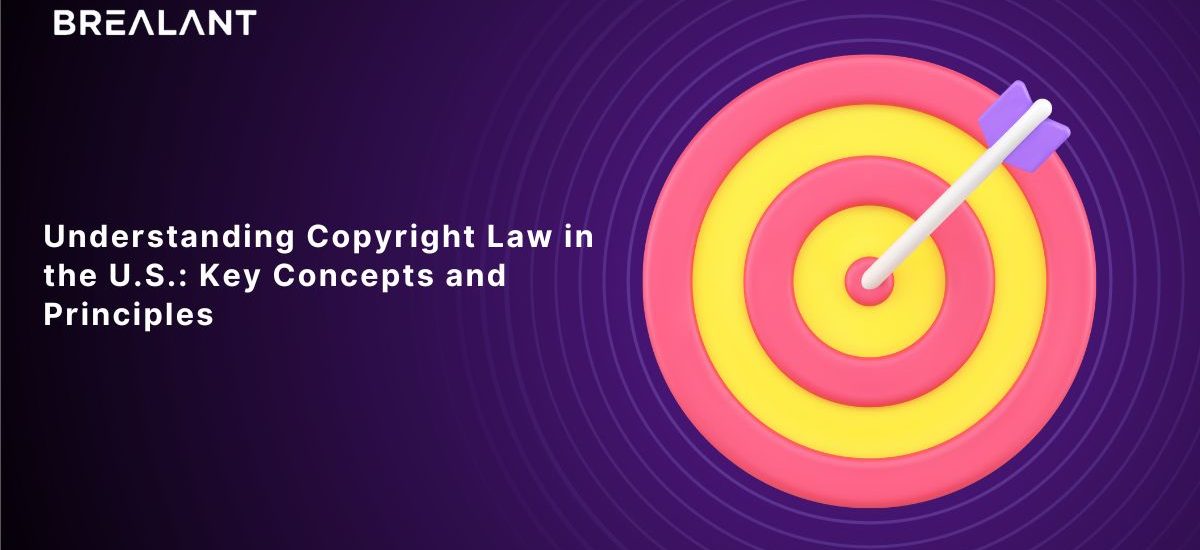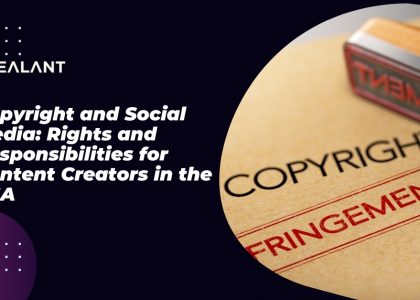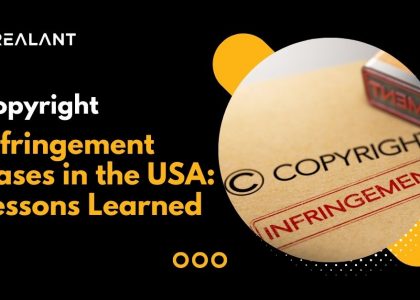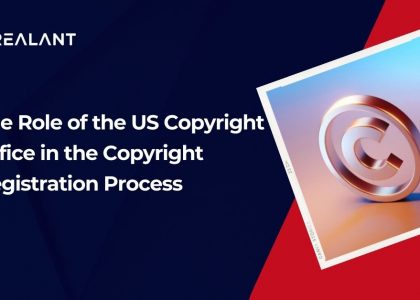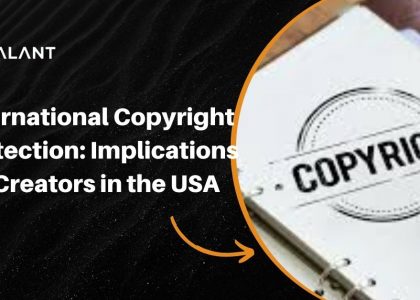What exactly is copyright law, and what does it include? Is it the same in every country?
These are some of the questions that often come up regarding intellectual property law. Copyright law in the USA is a legal framework that protects the rights of creators of original works of intellectual property (such as literary, musical, artistic, and cinematic works). This regime provides individuals with a statutory mechanism by which they can be compensated for their contributions to society. Copyright law differs from other forms of intellectual property – such as trademarks or patents – in that it focuses specifically on protecting creative works.
Understanding copyright law in the U.S. is especially important for businesses in the U.S. market. First and foremost, copyright law in the U.S. provides creators with exclusive rights to their work. This means that others are not allowed to reproduce, distribute, perform, or make derivative works based on copyrighted material without permission from the copyright holder. Additionally, copyright holders have certain legal remedies at their disposal should someone infringe upon their rights.
Copyright law in the United States can be a complex and confusing subject. This article will explore some key concepts and principles of U.S. copyright law. We will also discuss how copyright law affects people who upload content to the internet, such as social media platforms. As you read this article, remember that copyright law is constantly changing, so it is important to consult an attorney if you have any questions or concerns about your legal rights.
What are the key principles of U.S. copyright law?
- The standard protection period for works created today is the author’s lifetime plus 70 years. The copyright lasts ninety-five years from publication or one hundred and twenty years from the work’s first creation. Before 1978, there were entirely separate regulations and foreign works frequently received special protection. The regulations of copyright are incredibly complex in addition to their lengthy tenure.
- Today’s law does not require using a copyright notice or registering the work with the U.S. Copyright Office, but you are the copyright owner even without these formalities. Once you create an original work and fix it on paper, in clay, or on the drive of your computer, the work receives instant and automatic copyright protection.
- Copyright laws can protect a broad and diverse range of materials. The copyright law applies to many things, including pictures, artwork, books, journals, music, sound recordings, websites, computer programs, etc. Films, dance routines, and architectural designs are all protected. Most likely, copyright laws apply to something if you can see, read, hear, or watch it.
- Some works are freely usable and unencumbered by the restrictions and requirements of copyright law because they are not copyright protected. Once the copyrights have expired, the works become public domain. The United States government does not produce works that are copyrighted. Additionally, copyright does not protect information, concepts, discoveries, and techniques.
While a concept is not protected by copyright, its expression is. Ideally, this is obvious: Copyright safeguards works of art, not the concepts upon which they are built. Thus, just because the Harry Potter books are protected by copyright does not mean someone else cannot create a fully original tale about a boy wizard using magic to battle evil. The legal system safeguards J.K. Rowling’s particular interpretation of that tale, but not all of the concepts it contains.
Copyright law in the United States is complex and extensive. If you are a creator or an intellectual property owner, it is important to understand the basics and principles of copyright law in the U.S. to protect your work. Hopefully, this information will be helpful as you navigate the legal landscape when creating or protecting your intellectual property.
Conclusion
Copyright law is a set of legal rules that regulate the use of intellectual property (including music, videos, photos, and text) in the United States. The law protects the rights of creators by granting them exclusive property rights to their work. This means that other people cannot legally copy or distribute copies of your creations without your permission. Under Copyright Law, creators automatically own the copyright to their work. This means that they are the only people who can legally copy or distribute copies of their creations.
To protect their intellectual property, creators must know their rights and comply with all copyright laws. Failure to do so may result in illegal copying and distribution of your creations. Know more about your rights with the experienced professionals available at Brealant TM. The firm is renowned for its tech-driven intellectual property solutions to its clients in various parts of the world. The professionals of Brealant are well-versed with the I.P. laws of various countries and will help you get through the same processes. Visit the official website and book your consultation today.


